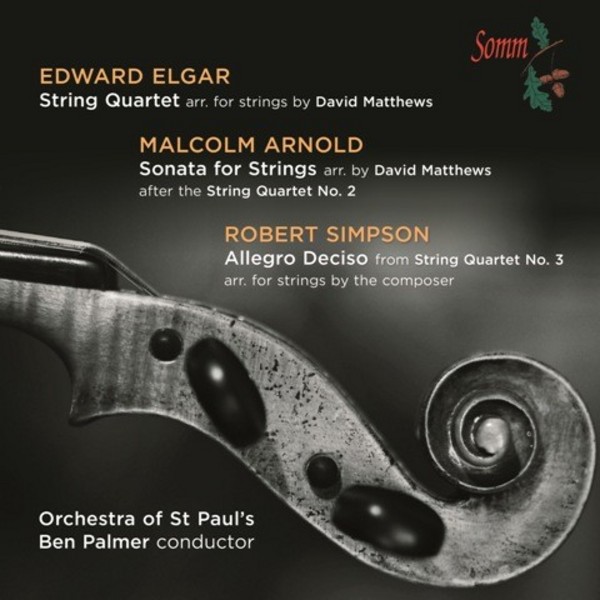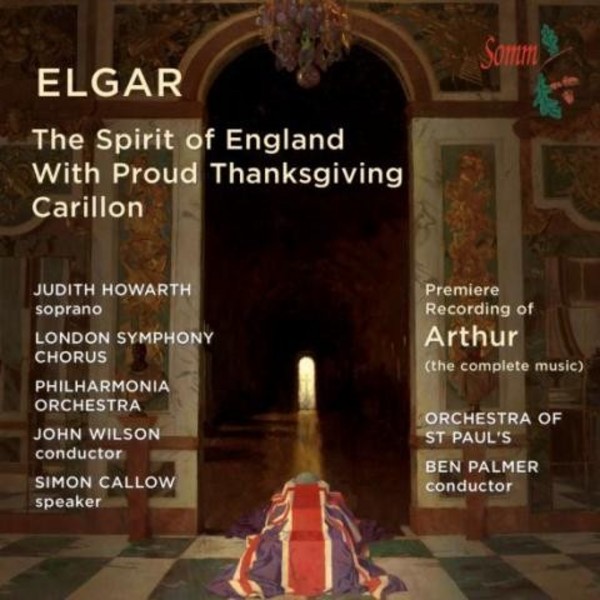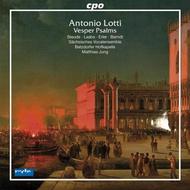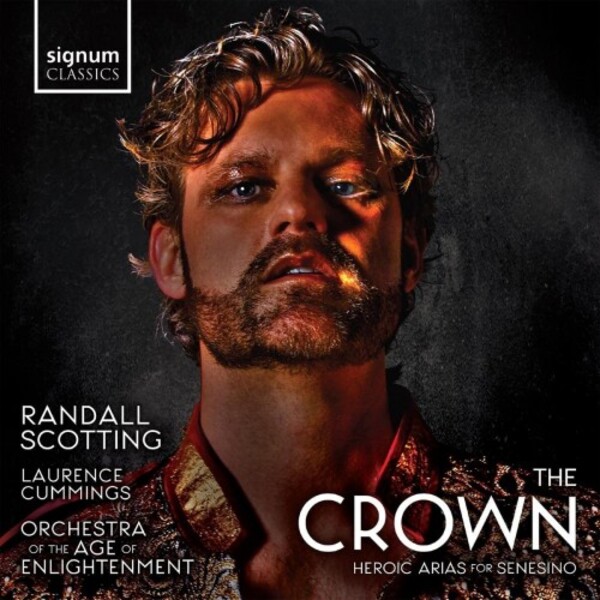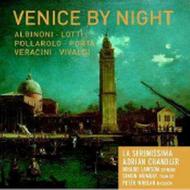Lotti - Crucifixus
£14.51
In stock - available for despatch within 1 working day
Despatch Information
This despatch estimate is based on information from both our own stock and the UK supplier's stock.
If ordering multiple items, we will aim to send everything together so the longest despatch estimate will apply to the complete order.
If you would rather receive certain items more quickly, please place them on a separate order.
If any unexpected delays occur, we will keep you informed of progress via email and not allow other items on the order to be held up.
If you would prefer to receive everything together regardless of any delay, please let us know via email.
Pre-orders will be despatched as close as possible to the release date.
Label: Delphian
Cat No: DCD34182
Barcode: 0801918341823
Format: CD
Number of Discs: 1
Genre: Vocal/Choral
Release Date: 22nd April 2016
 FREE UK SHIPPING OVER £30!
FREE UK SHIPPING OVER £30!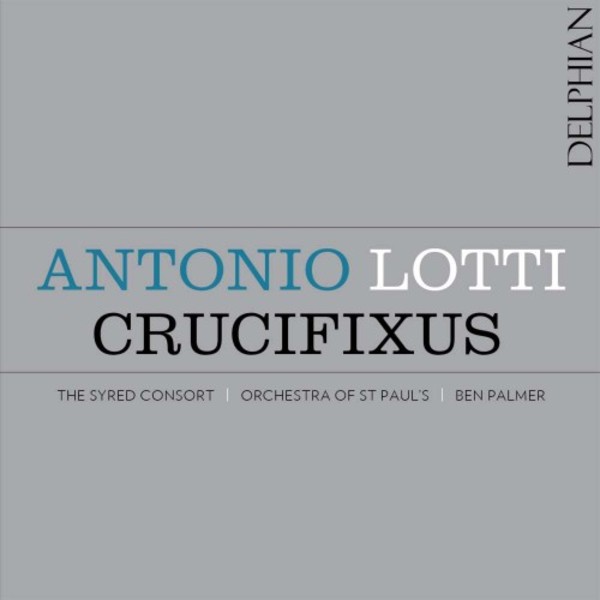
 The plangent dissonances of Antonio Lotti’s setting of the Crucifixus are well known to choral singers: here the scholar Ben Byram-Wigfield has put it back in a complete mass setting, which turns out to be a curious concoction partly by Lotti (1667-1740) and partly, adapting his music, possibly by his pupil Jan Dismas Zelenka. Both here and in another G minor Credo, Lotti’s music is strongly profiled, solidly baroque, with an especially expressive fugue at the end of the Gloria, then re-used in the Benedictus.
The plangent dissonances of Antonio Lotti’s setting of the Crucifixus are well known to choral singers: here the scholar Ben Byram-Wigfield has put it back in a complete mass setting, which turns out to be a curious concoction partly by Lotti (1667-1740) and partly, adapting his music, possibly by his pupil Jan Dismas Zelenka. Both here and in another G minor Credo, Lotti’s music is strongly profiled, solidly baroque, with an especially expressive fugue at the end of the Gloria, then re-used in the Benedictus. 